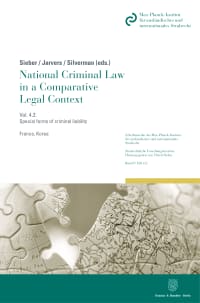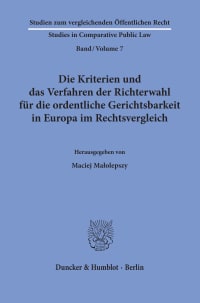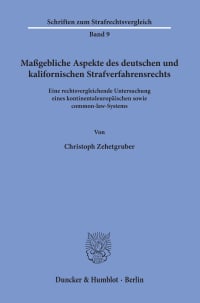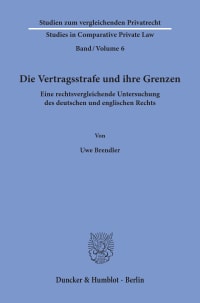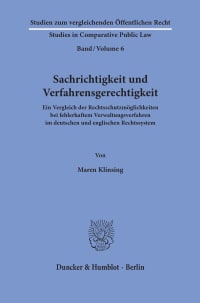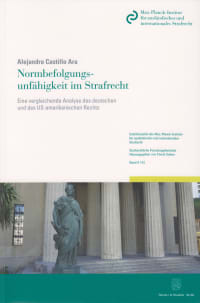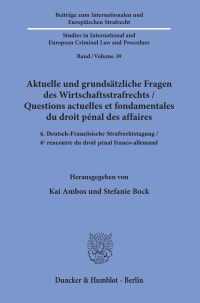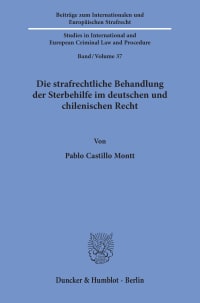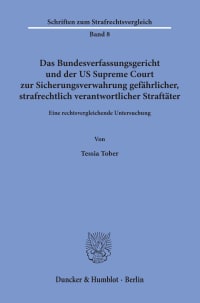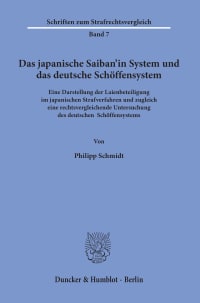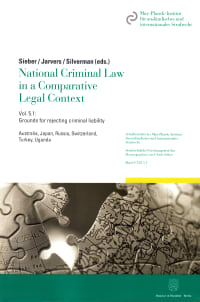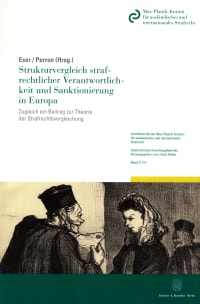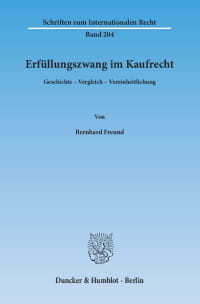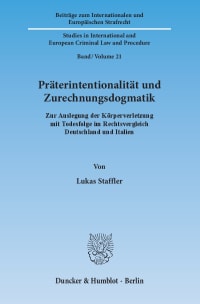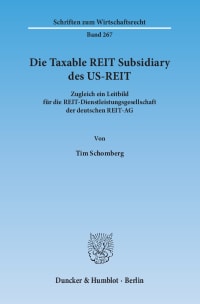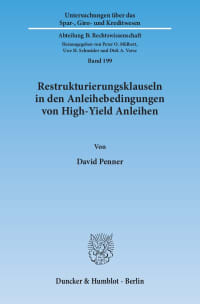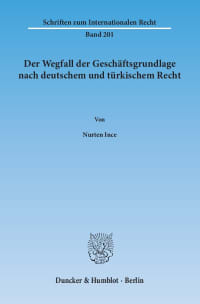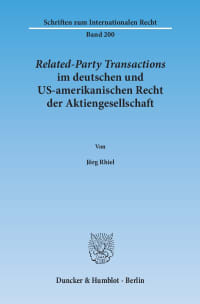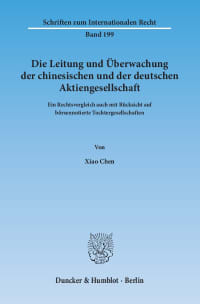Description
By drawing on social theory, criminology, media and communications studies, and combining a variety of research methods, the present study aims to contribute to the long-standing academic debate surrounding the media-crime nexus through the in-depth examination of an area of media output that has largely been excluded from the debate thus far: crime-appeal programming. The last two decades have seen a profound expansion of this type of television output throughout the Western world. Crime-appeal programmes such as the German Aktenzeichen XY ... ungelöst and its international counterparts (America's Most Wanted, Crimewatch UK etc.) are watched by millions of viewers, yet there has been, to date, no systematic attempt to examine these programmes' origins, their content as well as their social and policy implications.
Crime-appeal programmes are promoted on the strength of their public service merit, i.e., their contribution to the fight against crime; as well as on the strength of their reality credentials: they claim to present actual criminal cases involving real offenders and real victims. Moreover, by purporting to act in a close cooperative arrangement with the police, they seek to espouse a degree of authority and expertise in criminality matters. But just how 'real' is their 'reality of crime'? Do these programmes offer a representative image of the (already limited) version of the 'reality of crime' presented in official crime statistics? Do they really stick to their public service obligations? This study argues that, on both accounts, they do not.
Overview
Inhaltsübersicht: Preface - Part One: Approaches to Mass Media Depictions of Crime and Deviance: Introduction: The Media-Crime Nexus - Chapter One: On the Criminogenic Effects of the Media - Chapter Two: On the Role of the Media as a Subtle Form of Social Control - Summary of Part One - Part Two: Conception, Objective and Theoretical Framework of the Study: Introductory Remarks - Chapter Three: Television Reality (Crime-) Programming - Chapter Four: Tracing the Social and Ideological Context of Crime-Appeal Programming - Chapter Five: The 'Dominant Ideology Approach' Revisited - Summary of Part Two - Part Three: Empirical Investigation of Crime-Appeal Programmes - Introduction: Methodological Remarks - Chapter Six: Issues of Agency - Chapter Seven: The Content of Crime-Appeal Programmes - Chapter Eight: The Audience of Crime-Appeal Programmes - Summary and Conclusions - Appendix - References - German Abstract




